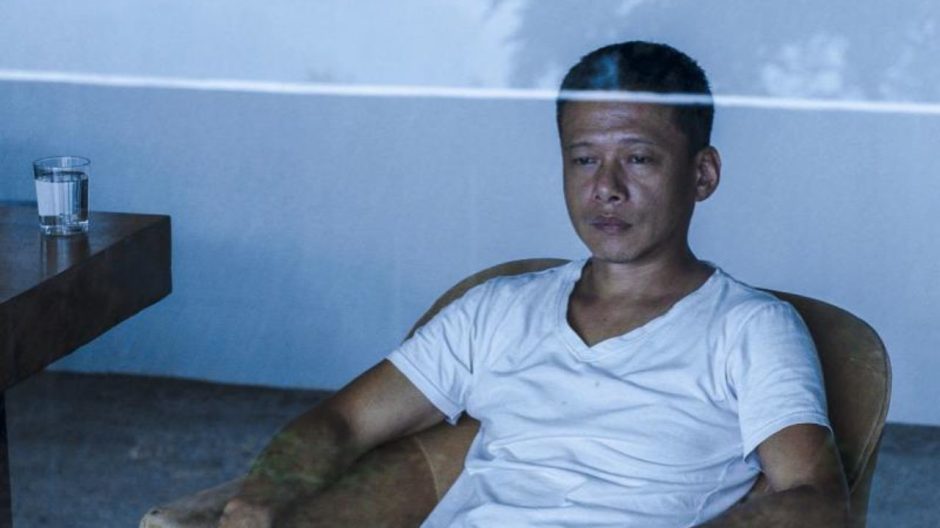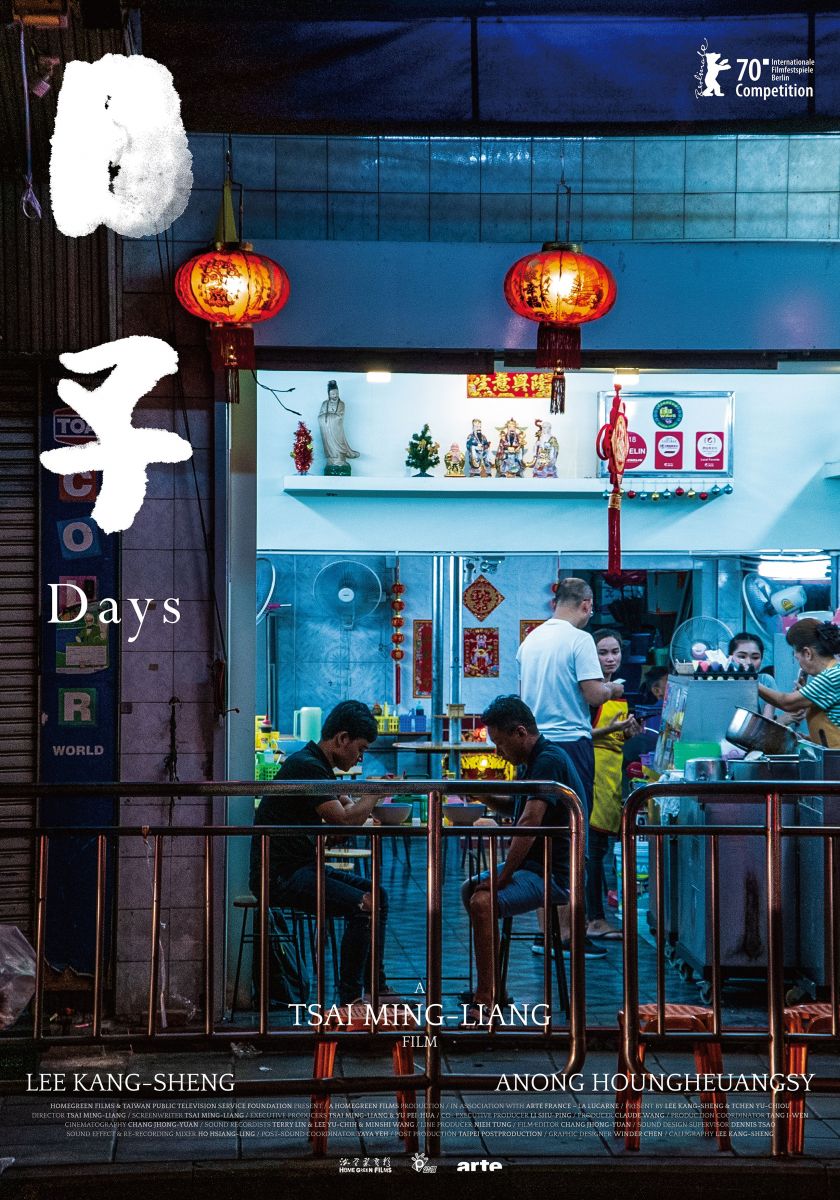One last French film this week, again not from any French film festival but instead from the opening season of this year’s Melbourne Cinémathèque. They did a season of musicals (and films somewhat tangential to musicals), of which this is the only one I’ve not already reviewed on this blog, because it’s fairly obscure. Apparently originally made for TV, though looks pretty good on the big screen too.
This film, called Anna, stars Anna Karina as a young woman called Anna, working in a Parisian ad agency. Elsewhere in the company Jean-Claude Brialy is a photographer tasked with creating an iconic advertising image. As the film opens, we see him shooting a… let’s just say very 60s scene at a railway station (think lots of colourful models running around like a cut scene from Antonioni’s Blowup or something). I think it’s the Gare du Nord, but it looks a lot different these days. Anyway, from a train alights the bespectacled title character, removing her glasses at just the moment one of Brialy’s gang of photographers takes a snap. Later, when he’s looking at these photos, he picks out Anna’s face, which he blows up to poster size and places all over Paris, albeit without any obvious product info, meaning it just functions as a sort of constant reminder of his quest to find this woman.
That’s the entire plot of the film: he really wants to find this mysterious woman but try as he might, as far as he searches, as many woman as he accosts in streets and cafes, he cannot. Unbeknown to him, she works on another floor of his very office building, but despite meeting cute several times, he doesn’t SEE her, because of her glasses. It’s a ploy that’s worked for any number of superhero movies, making her basically Clark Kent I guess, but that’s what this film is leaning on.
I suppose this would make it all quite tedious, except that it’s a musical. You can get away with thin plots in musicals (the entire operatic artistic form is basically predicated on thin plots), because the pleasures lie elsewhere, and there are (to my mind) definitely pleasures here. These lie of course in the music, and not just in the knowing winks to Karina and Brialy’s on-screen history, such as their pairing in Godard’s Une femme est une femme six years earlier, though this is delightfully recalled by Karina’s extremely unappetising taste for bland fried egg dishes and her inability to pour wine without splashing it everywhere, amongst other visual touches.
What I had truly been unprepared for, though, was the Serge Gainsbourg of it all. He is co-credited as a screenwriter, wrote all the music, and seems to be singing a lot of it. Brialy’s character is called Serge, after all. But Gainsbourg himself also appears as a work colleague of Serge’s, and despite having enjoyed his music over the years I’d never fully appreciated his physical charisma before (he’s so weird looking in photos). Turns out that the film really comes to life whenever he’s on screen, which makes me regret having to watch so much of tedious lovelorn Brialy wandering around. Still, that’s a minor critique. Karina is fairly delightful and the film really pushes non-naturalistic stylishness to its limits, which is all by way of obviating the lumpiness of the plot, but I didn’t get the sense anyone much cared about that.
CREDITS
Director Pierre Koralnik; Writers Serge Gainsbourg and Jean-Loup Dabadie; Cinematographer Willy Kurant; Starring Anna Karina, Jean-Claude Brialy, Serge Gainsbourg, Marianne Faithfull; Length 87 minutes. Seen at ACMI, Melbourne, Wednesday 7 February 2024. 













